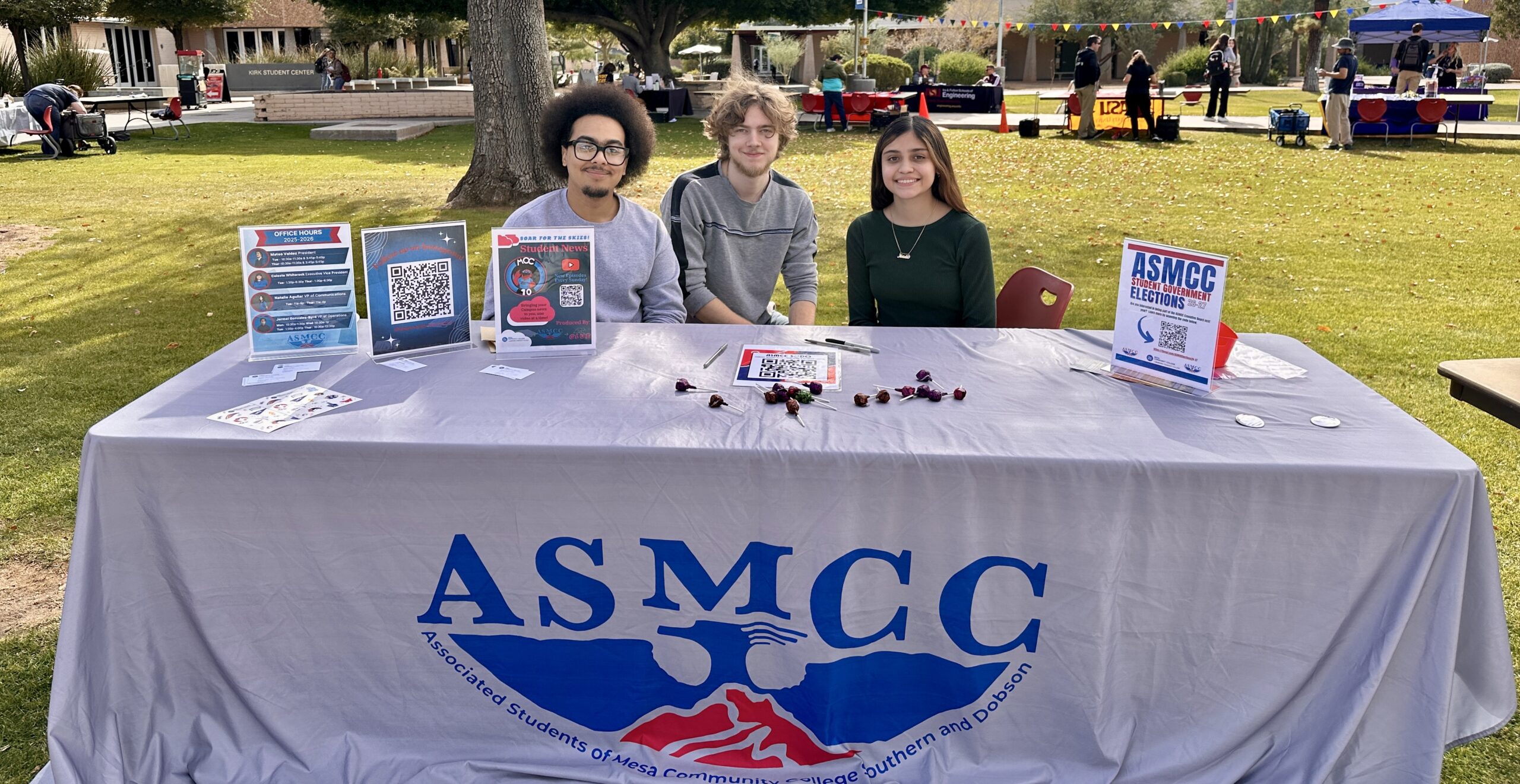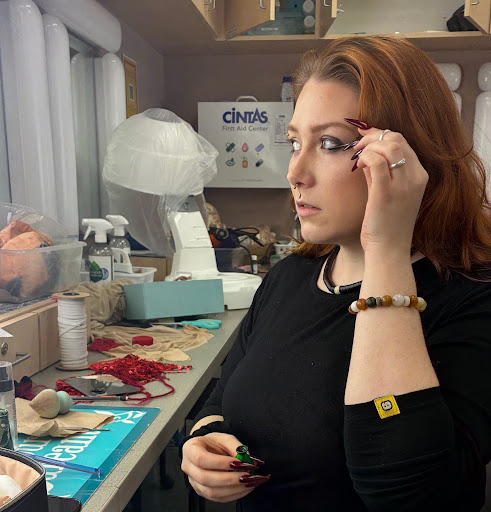‘Pushed into isolation’: Students struggle amid lockdown
Last summer the Centers for Disease Control and Prevention determined 40.9% of adults they had surveyed had experienced at least one adverse mental health condition related to the pandemic.
College students, many of whom are now more isolated than ever, are no exception to this nationwide decline. Even this week, nearly a year after widespread lockdowns occurred across U.S. college campuses, they continue to seek help.
“…[Students] have been struggling with handling stress, as well as work, as well as financial situations, as well as personal life matters,” said the president of the Associated Students of Mesa Community College, Yudidt Nonthe Sanchez. “Mainly, they have been feeling like they are not being supported in this virtual world.”
Multiple factors play into the exacerbation of this already present issue on college campuses. Huge losses in the leisure and hospitality and food service industries have rocked many students’ means of financial stability. Moreover, the loss of community from a completely virtual schedule continues to exaggerate students’ feelings of isolation, depression and the inability to focus.
While datasets regarding these issues from early 2021 have yet to be disclosed, comparisons from late 2019 to the summer of 2020 have already affirmed how serious this issue of declining mental health has become. Mesa Community College students, not unexpectedly, have been reaching out the best way they know how.
“We have been seeing a steady increase in requests for counseling support services,” wrote MCC’s chairperson of counseling, Sonia Esposito, in response to the Mesa Legend. “Since March of 2020, the need has spiked in correlation with the pandemic.”
According to the college’s counseling department, the student body commonly requests help for problems like depression, anxiety, social isolation, suicidal ideation, substance abuse, academic problems, communication and relationship issues, income insecurity, and the loss of loved ones.
These student challenges, often ignored when compared to more at risk communities within the nation, have an all- too-real human cost.
“The pandemic has pushed us into isolation,” wrote Esposito.
Here at MCC, school leaders have also demonstrated the need to reach out for help.
“It’s been very important for me to recommend these students the opportunity to get these free services,” said Nonthe Sanchez. “I’ve emphasized it to them, reminded them, and have sent them the phone number and told them ‘Call today. Book your appointment with the counselor. I promise it will help you.’”
The MCC counseling department proposes a wide variety of ways to help deal with stress. Making small changes like increasing your physical activity, limiting the news and social media you consume, and eating well are all recommended in conjunction with use of the counseling department’s virtual resources to stay mentally healthy.
“Use the free counseling resources that the college has. Use those amazing people that will get you… on top of your own mental health,” said Nonthe Sanchez. “Know that it is always okay to take a break. It’s always okay to say ‘no’ to an opportunity… to focus on yourself and make a plan to get back up.”
In her conclusions about the state of mental health in Mesa, Esposito posed a challenge for any would-be counselors.
“Students and community members will need more access to counseling support services as we emerge from this pandemic. The question arises: will we have enough counselors to meet the need in our educational institutions and in our community?”










